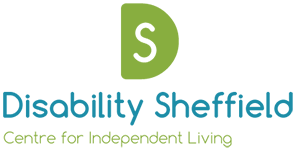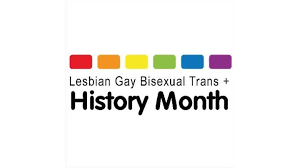LGBT+ History Month, is celebrated every February across the UK.The theme this year recognises the important contribution to the fields of medicine and healthcare – both historically and in the present day – made by LGBT+ people.
NHS Sheffield is celebrating the month with 2 blogs from staff members Lin Harrison and Liz Johnson about their personal experiences.
LGBT+ History Month was founded in 2004 by Schools OUT UK co-chairs, Paul Patrick & Professor Emeritus Sue Sanders. “For so long LGBT+ people’s history was hidden, following the repeal of Section 28. LGBT+ History Month was created to claim our past, celebrate our present and create our future,” they say.
Local charity SAYiT provide a youth-centered service delivering a broad range of services supporting the sexual, emotional and mental health and wellbeing of LGBTQ+ young people and those who care for and support them. SAYiT have a calendar of events year round.
Reflecting the importance of the use of language, a new glossary has been launched to help Deaf members of the LBGT+ community get their points across. The organisation Deaf Rainbow UK , which aims “to provide information and resources for Deaf LGBTIQA+ people and everyone else,” has been working on creating new additions to British Sign Language, along with researchers at University College London (UCL).
The project team worked on words for development into BSL, so that the language can catch up with how much vocabulary has changed among the hearing community. The 20 words and phrases that were developed were: Ally, Attraction, Bicurious, Bisexual, Cisgender, Gay, Gender, Lesbian, Monogamy, Open Relationship, Panromantic, Pansexual, Polyamorous, Questioning, Sexuality, Sexually Fluid, Straight, Throuple, Transman and Transwoman. The project group consulted with Deaf and LGBTQ+ focus groups and the proposed signs were shared with the Deaf LGBTQ+ community at UCL for feedback.
Once refined, the 20 words and phrases were launched on the Deaf Rainbow UK website.
At the launch event researcher Dr Patrick Rosenburg described the impact an inclusive British Sign Language can have for Deaf LGBTQ+ people. He explained how developing the right vocabulary can allow Deaf LGBTQ+ people to engage more easily with others, helping to better understand themselves and their community.
Like with spoken language, the signs are not considered ‘official’ until they are widely used. At this point they may be added to an official dictionary.





